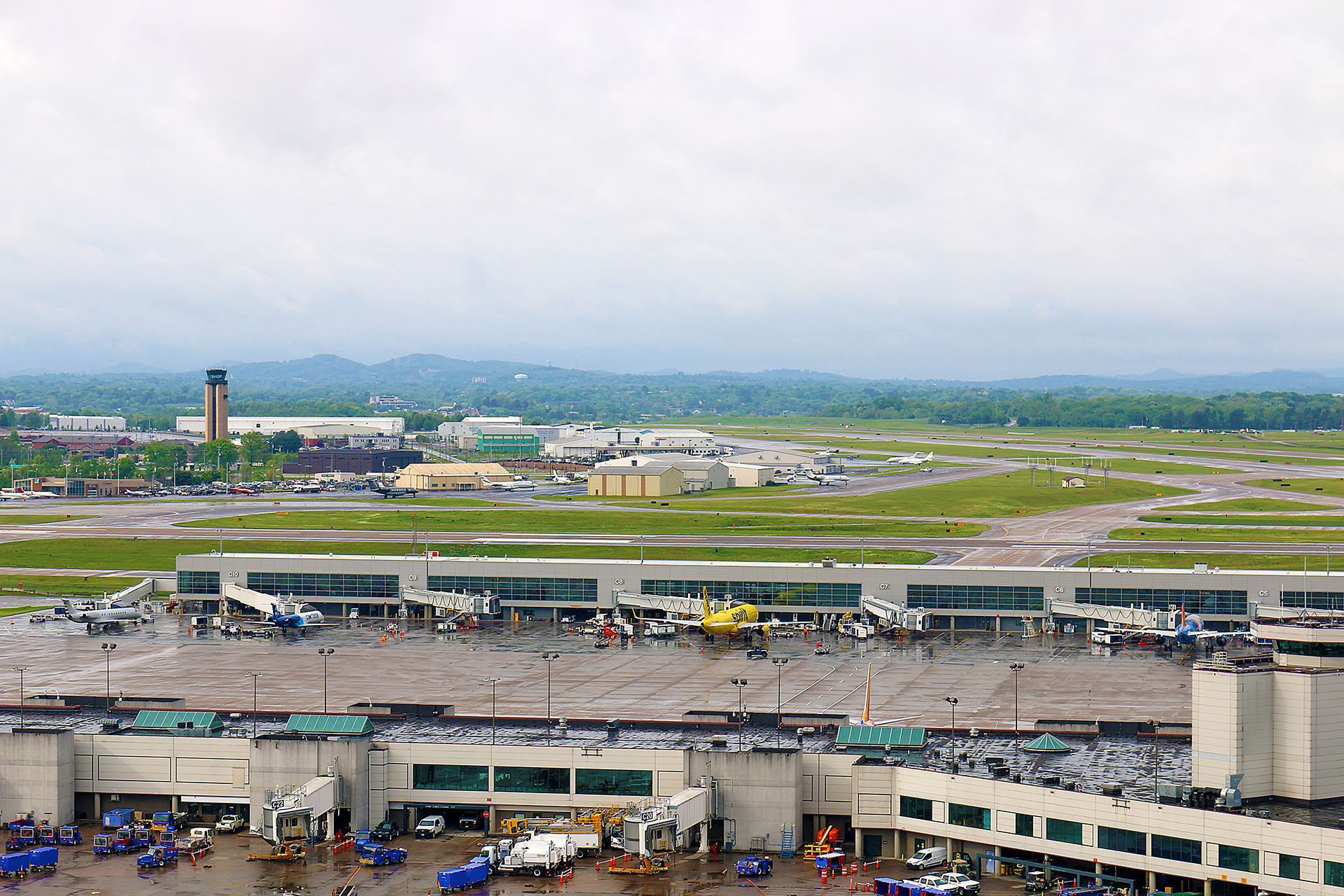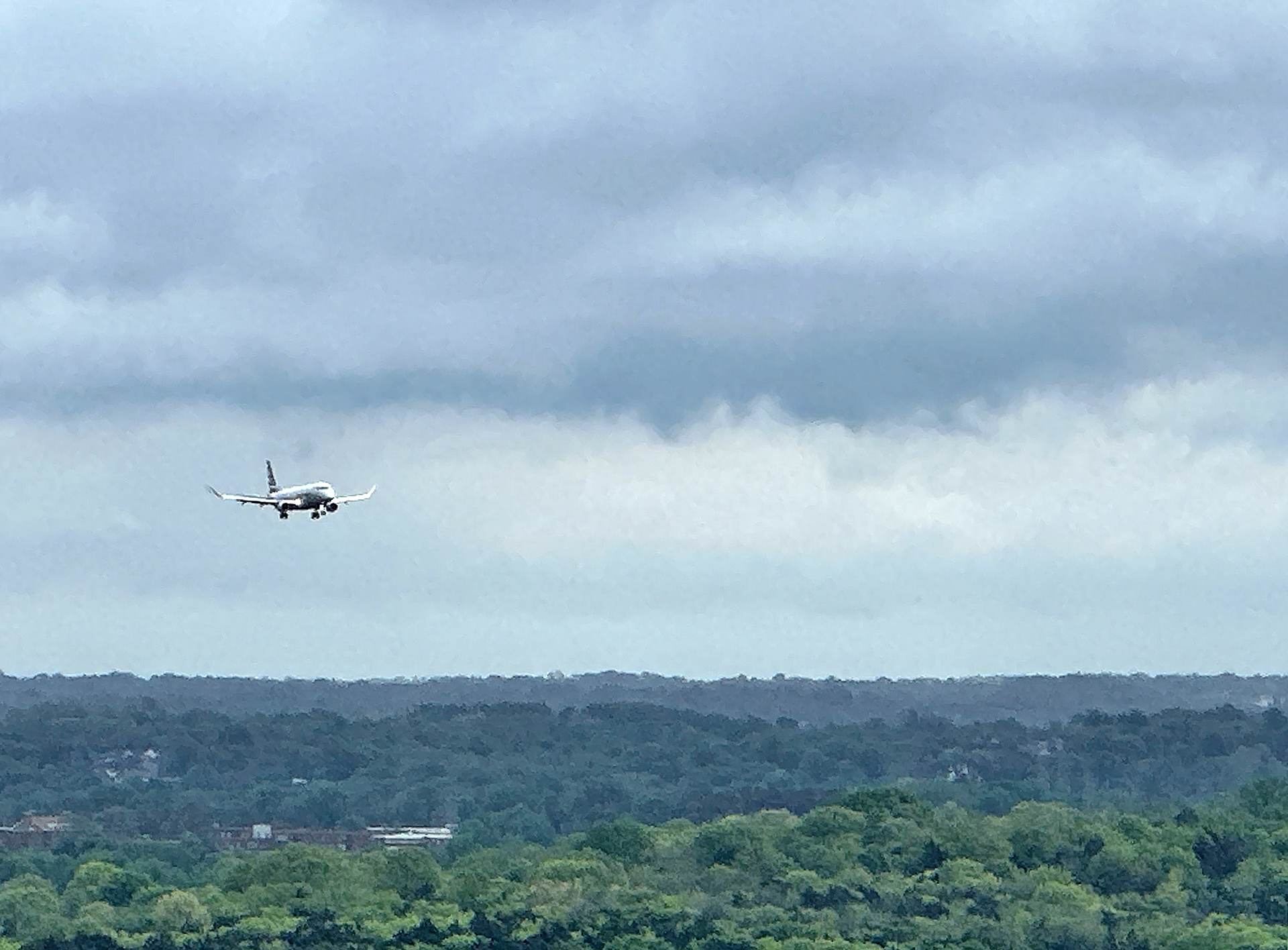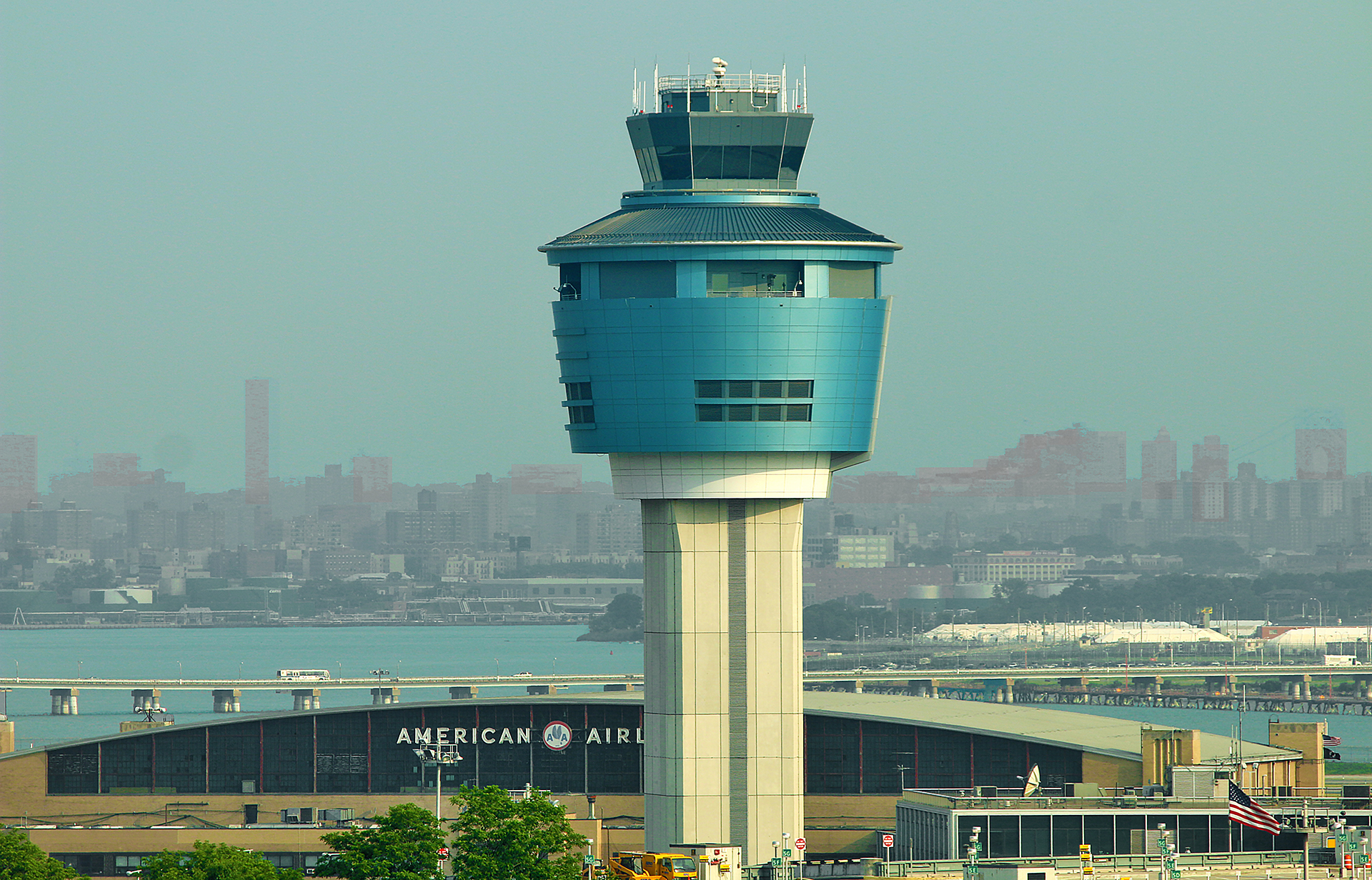In a potential setback to consumers, the new final airline fee transparency rule was blocked temporarily by the Fifth United States Circuit Court of Appeals in Louisiana on Monday, July 29, 2024 pending a complete review of the regulation, citing that the rule “likely exceeds DOT’s authority and will irreparably harm airlines”.
New Final Airline Fee Transparency Rule Blocked Temporarily by Appeals Court

The final airline fee transparency rule from the Department of Transportation of the United States — which was originally introduced on Wednesday, April 24, 2024 — was designed to require airlines to provide upfront disclosure and protection to customers from surprise junk fees while promptly providing passengers with automatic cash refunds when owed if their flights were cancelled or significantly changed; their checked bags were significantly delayed; or the ancillary services which they purchased are not provided….
…but along with Airlines for America — which is a trade group for the commercial aviation industry in the United States — Alaska Airlines, American Airlines, Delta Air Lines, Hawaiian Airlines, JetBlue Airways, and United Airlines filed a lawsuit against the Department of Transportation to temporarily block the new rule late on Friday, May 10, 2024 in the United States Fifth Circuit Court of Appeals, claiming that the new rule would potentially confuse consumers and that its attempt to regulate private business operations in a thriving marketplace is beyond its authority. The International Air Transport Association was also involved in the lawsuit.
This request was granted by the court; and the case is expected to be scheduled for a hearing at the next available session for oral arguments.
Under the new final rule, airlines would be required to automatically give cash refunds to their customers for flights which are canceled or were significantly delayed. Combined with protecting consumers from costly surprise airline fees, the measures are expected to save consumers greater than $500 million each year and more of their time while simultaneously significantly expanding protections for passengers in commercial air travel and providing passengers an easier pathway to refunds when owed…
…but the rule would require airlines to divert their resources from other projects by spending millions of dollars to modify their official Internet web sites to reflect the change by Wednesday, April 30, 2025. The deadline for the implementation of the new rule for airlines to comply was set for Wednesday, October 30, 2024 to disclose fee data to third-party ticket agents.
Consumers overpaid for ancillary fees to airlines by $543 million, according to the Department of Transportation, which will continue to defend its new rule.
Joseph Biden signed an Executive Order on Promoting Competition on Friday, July 9, 2021 that encouraged the Department of Transportation to take steps to promote fairer, more transparent, and competitive markets as part of the plan to lower costs for consumers and take on “corporate rip-offs”. Since Biden became president of the United States, the Department of Transportation has helped return greater than $3 billion in refunds and reimbursements that were owed to airline passengers — including greater than $600 million to passengers who were affected by the meltdown of the operations of Southwest Airlines during the holiday season in 2022.

Meanwhile, the systemwide operations of Delta Air Lines recently experienced its own meltdown, as thousands of flights had been canceled, delayed, or rescheduled since Friday, July 19, 2024 when a software update by CrowdStrike caused an information technology outage worldwide.
As a result, Delta Air Lines is currently seeking $500 million in damages from both CrowdStrike and Microsoft…
…but a person who is identified on X only as Fake Points Travel Blogger mocked the current passenger compensation situation by posting that “CrowdStrike and Microsoft should instead offer Delta a credit to be used for a future purchase within the next 12 months.”
CrowdStrike and Microsoft should instead offer Delta a credit to be used for a future purchase within the next 12 months. pic.twitter.com/GJTdL9YAhJ
— Fake Points Travel Blogger (@TravelFake) July 31, 2024
Pete Buttigieg — who is the current secretary of transportation of the United States — sent letters to the chief executive officers of the ten largest airlines in the United States yesterday, Tuesday, July 30, 2024 clearly warning them that they are to provide passengers with cash refunds as required by law.
Final Boarding Call

Billions of dollars are at stake, as airlines reportedly earned approximately $5.5 billion in baggage fees alone during the first nine months of 2023. The Department of Transportation is reportedly adamant about defending its new final transparency rules even after the recent setback by the ruling of the United States Fifth Circuit Court of Appeals.
One reason why I like the idea of full refunds is that they do not expire. Cash is cash. When airlines offer vouchers, they only retain their value for one year before they automatically expire. I find that unfair when the customer is not at fault. Plus, cash can be used almost anywhere on almost anything else — unlike a voucher, which is only valid with the airline that issued it and usually has restrictions in addition to expiration of its value in one year. Customers should get a refund of their money without having to specifically ask for it when an airline owes them money and not have it replaced with restrictive vouchers.
I also have always been an advocate for customers to know upfront what all the costs that they are facing will be when traveling by airplane. No business entity should ever be allowed to advertise a lower price when mandatory or unavoidable fees will be added to the total cost. I believe that all companies have a right to charge what they want and let the free market dictate whether the fees are fair. They should not be allowed to hide those fees from the customer — especially when advertising a rate with the mandatory fee excluded to deceive the customer into thinking they are initially getting a better price — and these companies do have a right to earn as much revenue and profit as possible…
…but I also do not like having to rely on intervention by the government, as it usually goes awry — even in the rare occurrence that the rules and legislations are actually created with good intentions and not for political reasons.
Only time will tell if the final rule is actually eventually enforced — but the recent aforementioned ruling has certainly delayed the implementation of the final rule indefinitely…
All photographs ©2015 and ©2024 by Brian Cohen.
